Danish Technological Institute launches first flexible CCUS test facility
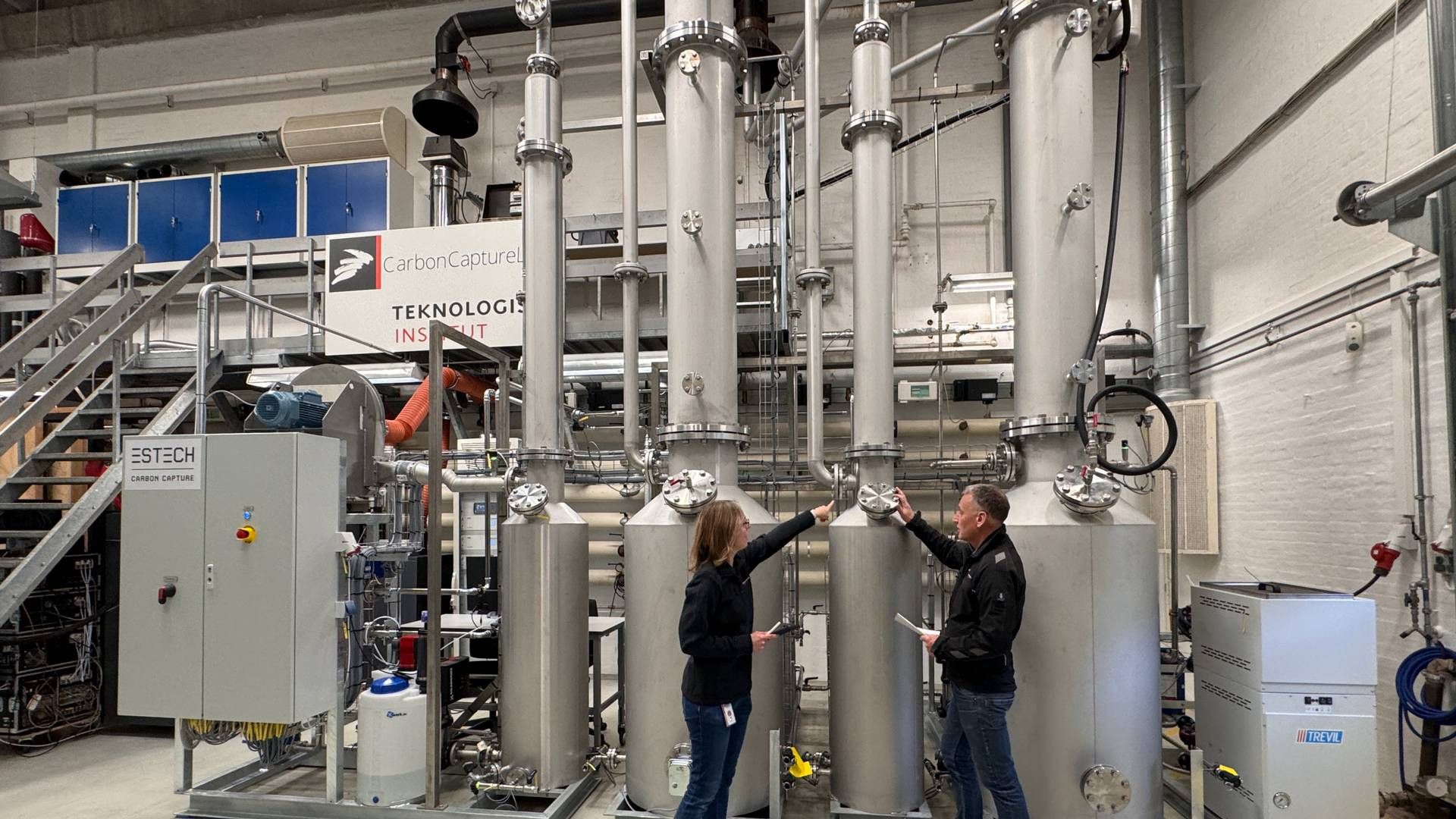
A new flexible test facility that will boost the capture, storage and utilization of CO2 has seen the light of day at the Danish Technological Institute.
The new test center where the facility is located is called Carbon Capture Lab, writes the Danish Technological Institute in a press release.
”There is a need for accelerated technological development of equipment that can capture, transport and store CO2 in practice. With our new advanced test center, Carbon Capture Lab, companies can, under industrial conditions, get help for further development and at the same time test and document whether new carbon capture technologies will work in practice,” says Jan Boyesen, Market Manager for CCUS, Danish Technological Institute.
The government has an ambition to capture 34 million tons of CO2 over the next 15 years. Of this, 3.2 million tons of CO2 will be stored annually from 2029.
One of the players in Denmark is Ørsted, which will begin CO2 capture in 2025 at Avedøre Power Station and Asnæs Power Station and from 2026 will capture 430,000 tons of CO2 per year.
”For Ørsted, this is a new technology where we want to continue to build and expand our knowledge. Test facilities like the Danish Technological Institute’s can act as a kind of sandbox where different technologies and processes can be tested on a small scale,” says Kasper Stefan Frederiksen, Head of Plant Technology at Ørsted.


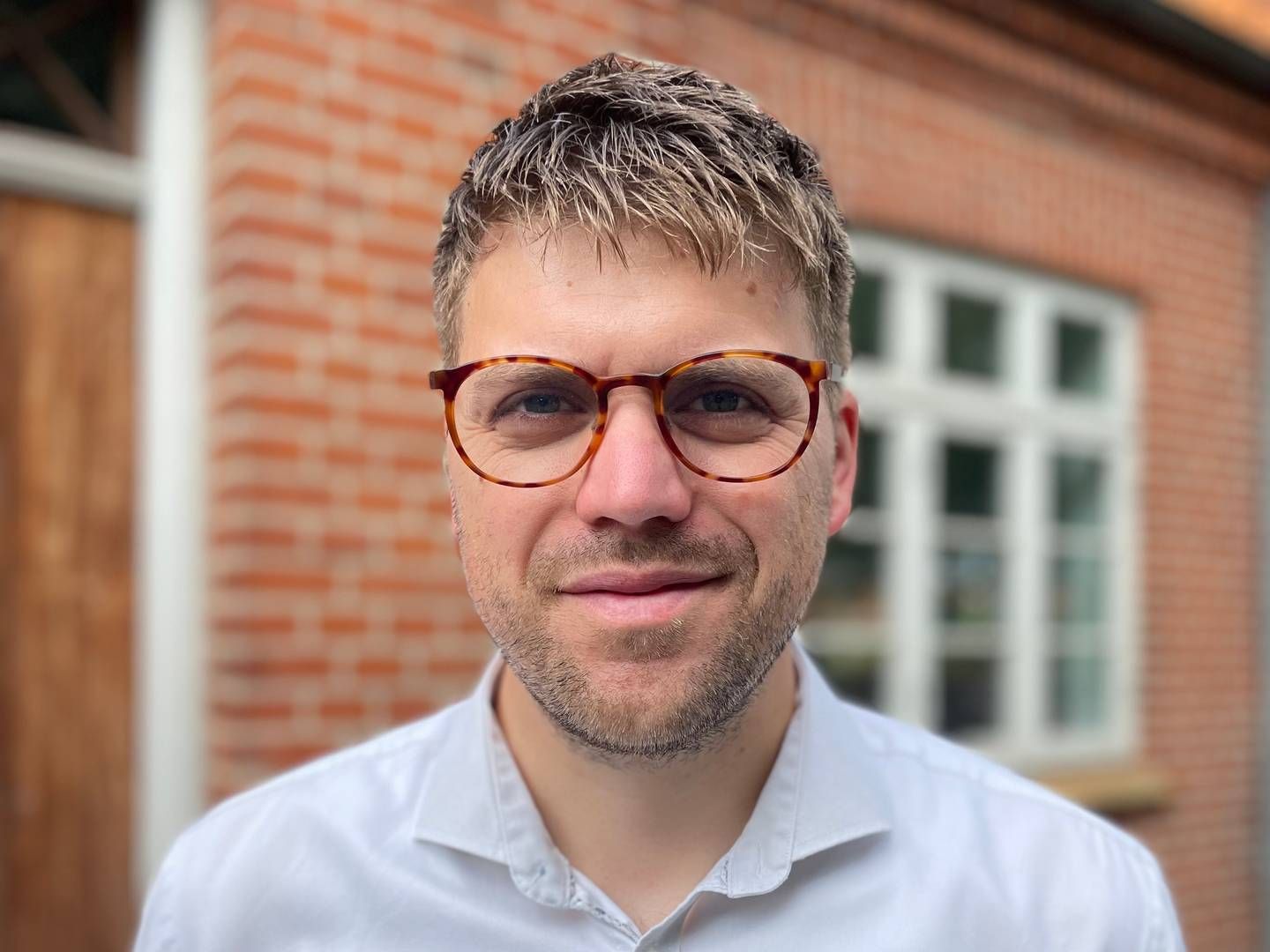




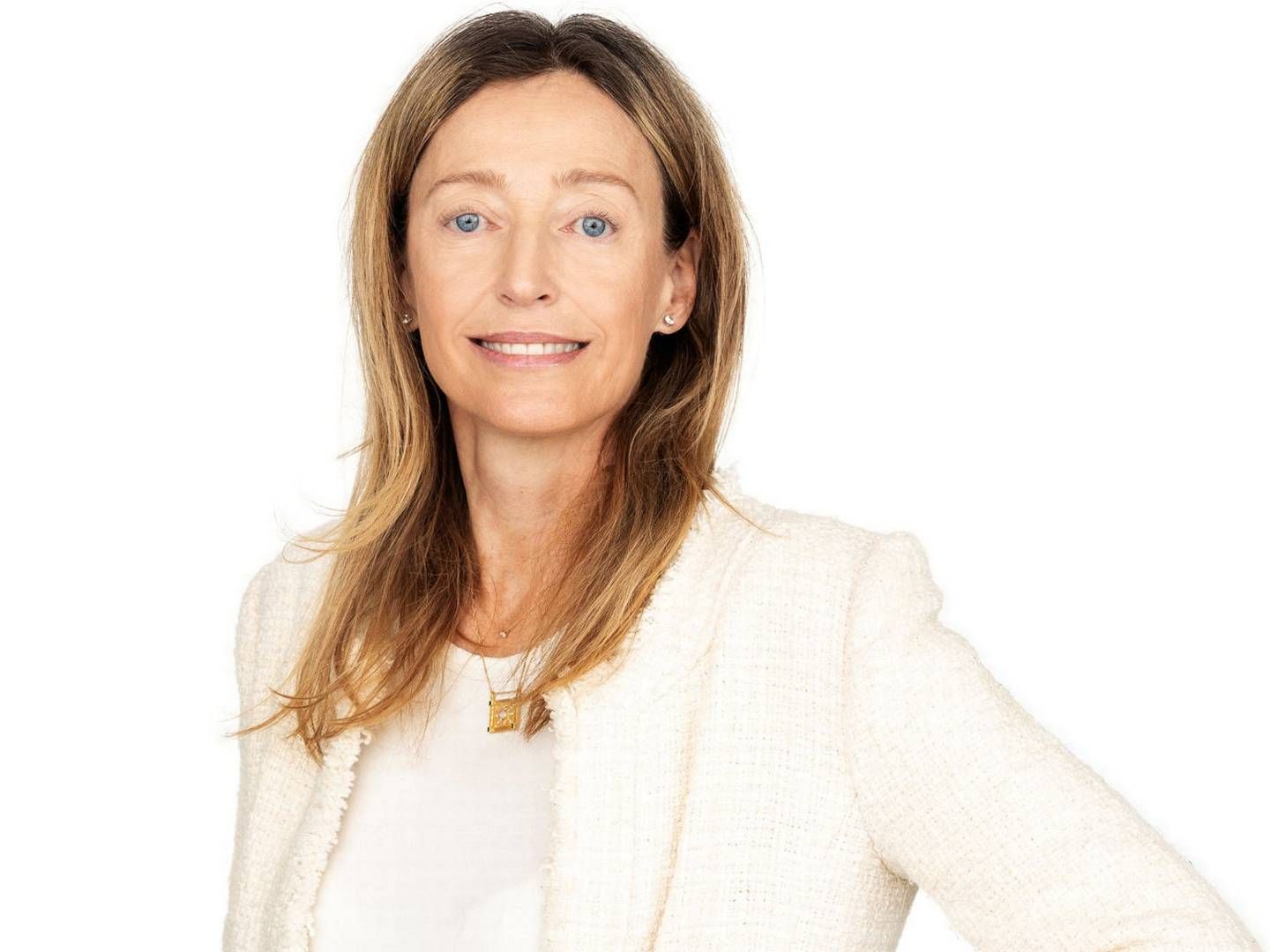

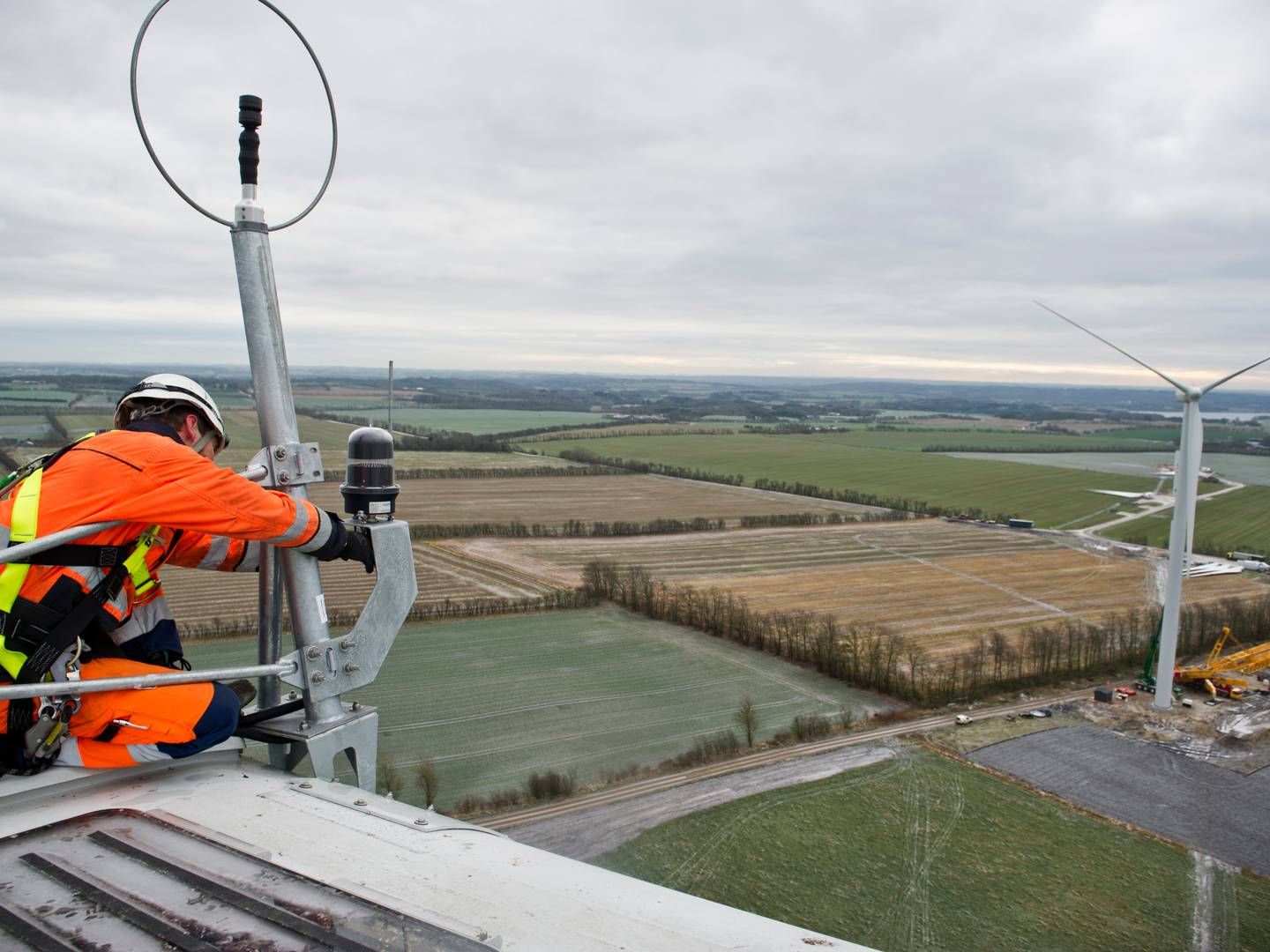
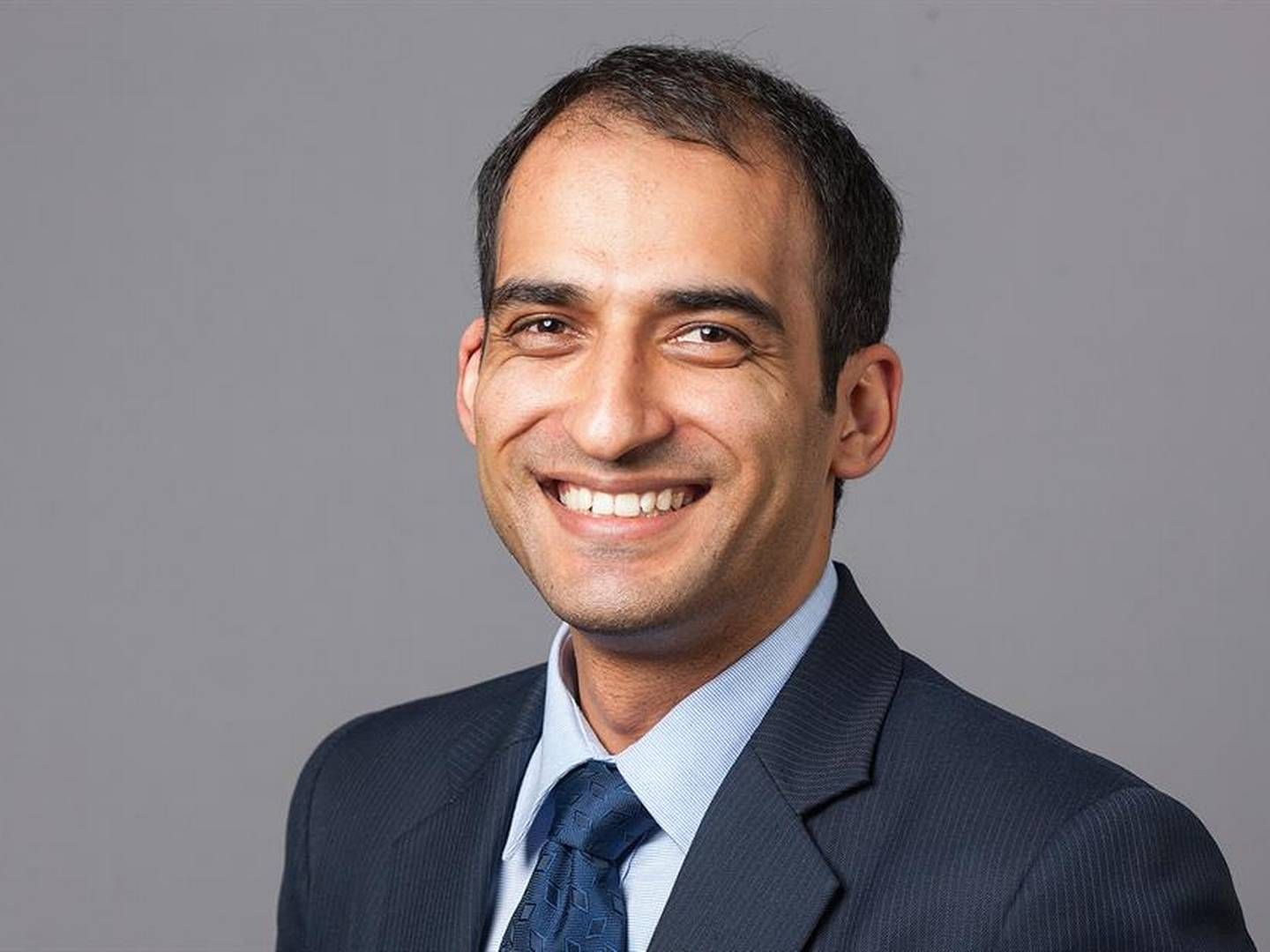



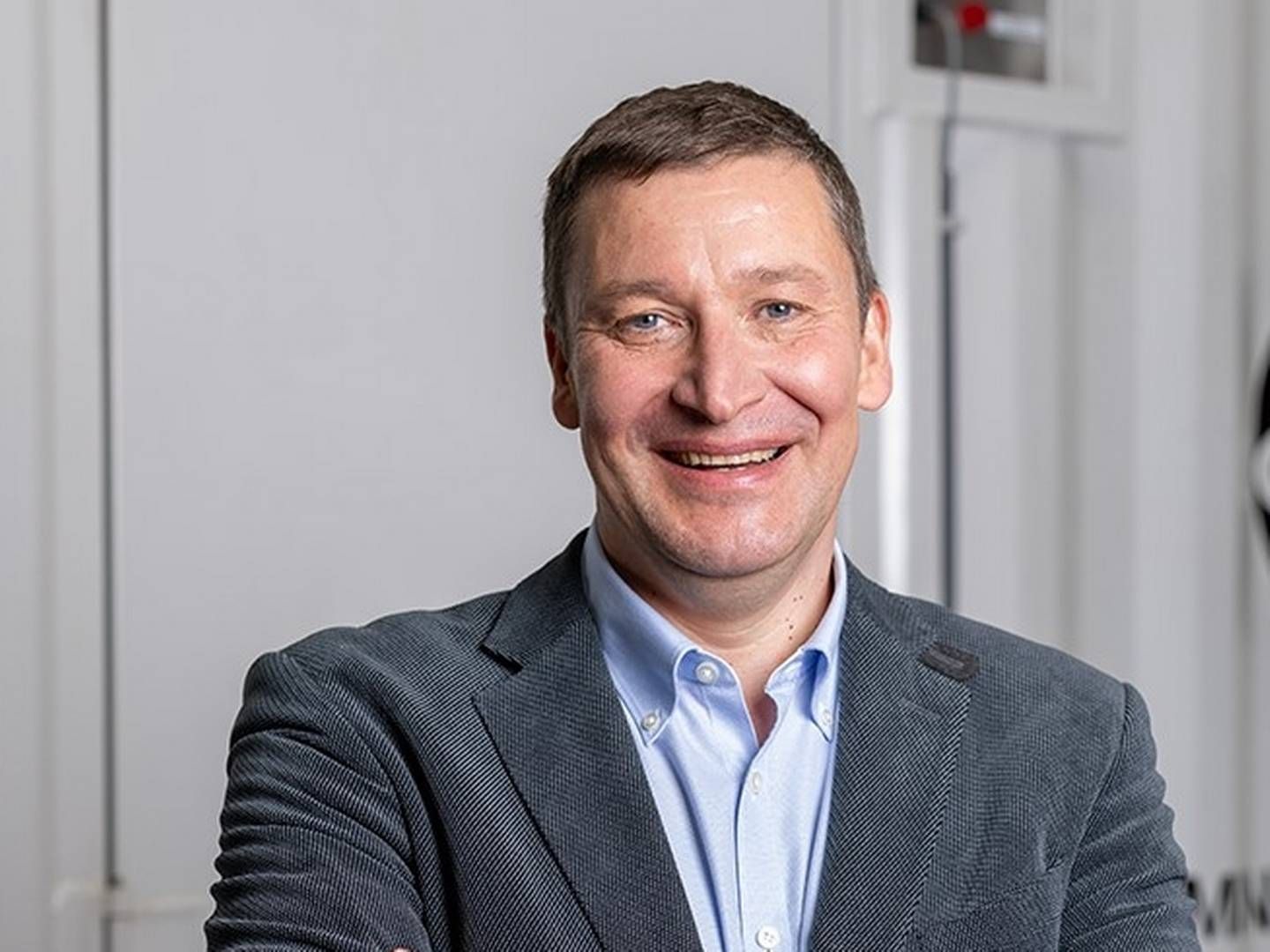
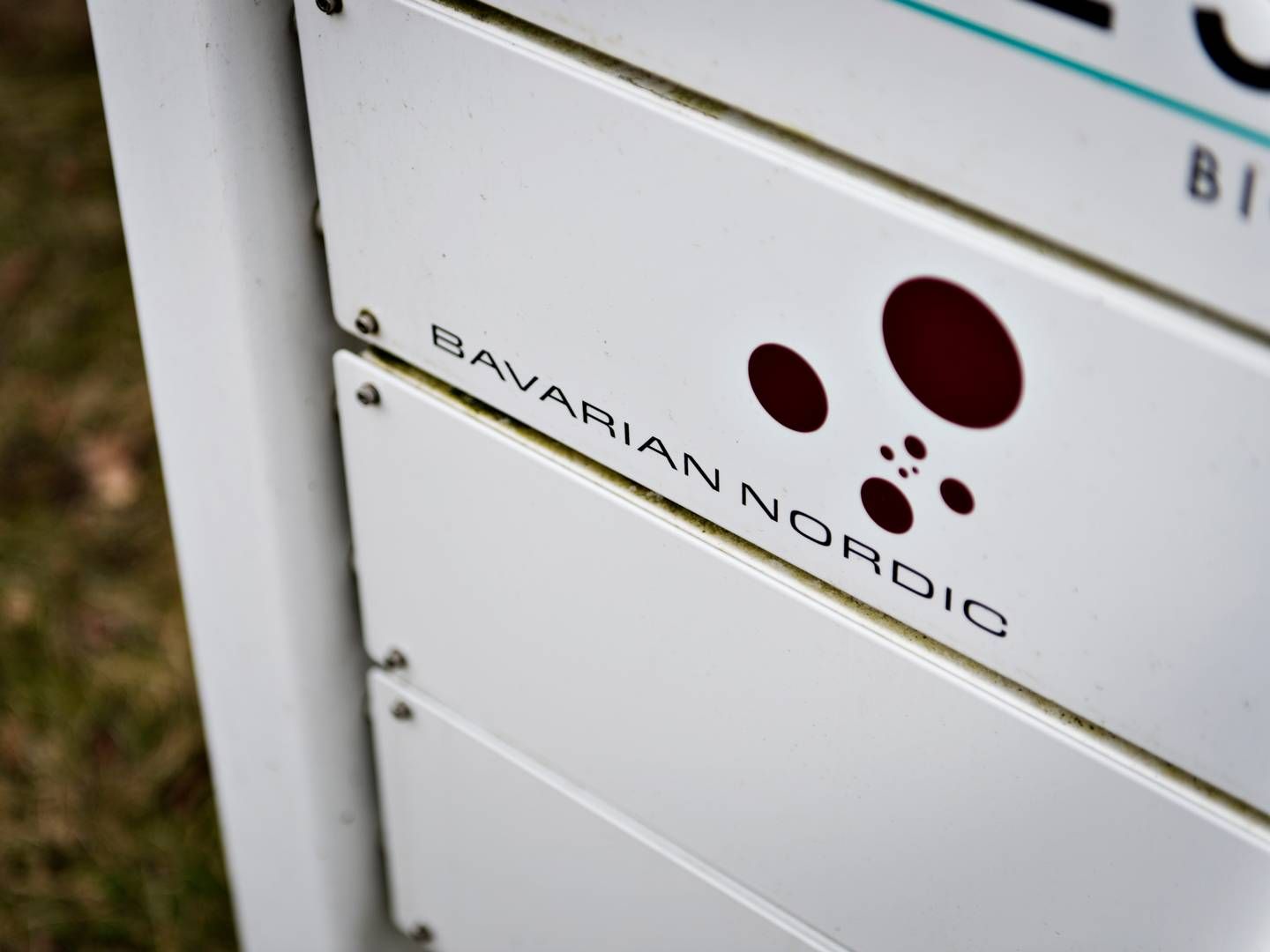
.jpg&w=384&q=75)





